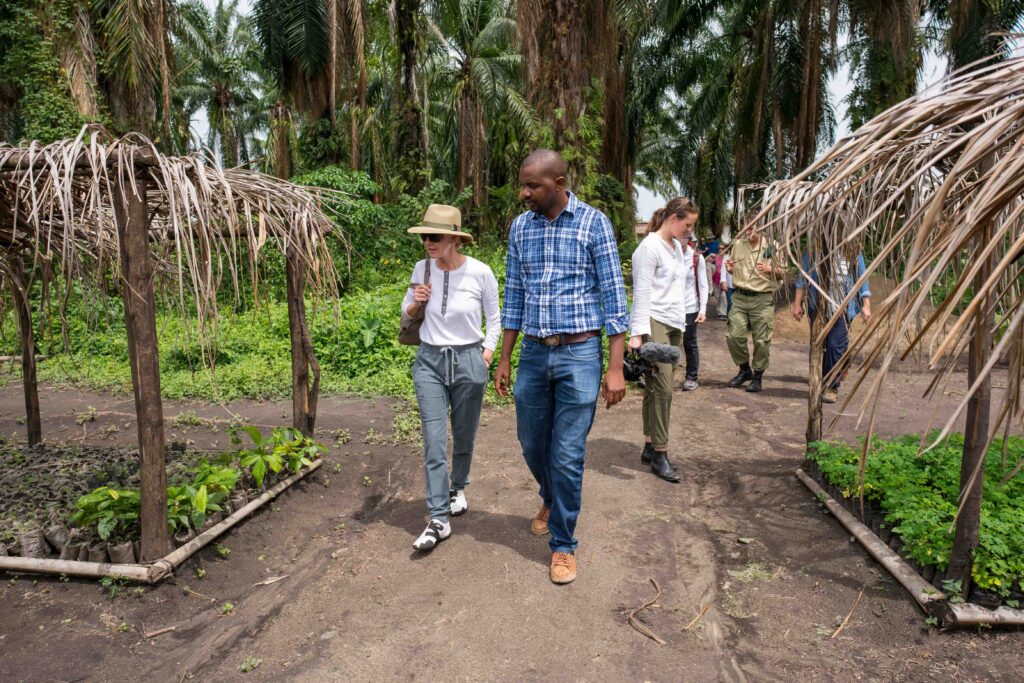
In this Mongabay interview, TSFF President Wendy Schmidt discusses our approach to philanthropy and why it is built around “systems thinking.” During the interview, she had this to say:
All our philanthropic efforts, including The Schmidt Family Foundation’s 11th Hour Project and 11th Hour Racing, Schmidt Ocean Institute and Schmidt Futures depend on communications to help shift the public narratives about what is possible—across the board. We have the power to reimagine, to shift the systems we live in, from anything as immediate as how we behave as consumers of energy, food and water to how we think about educational opportunities. From how we invest in businesses working to change the way we use material resources to eliminate waste, to the way we think about humans in relation to the rest of life on Earth.
Information is power— I think we learned that in the Information Age. A corollary would be that information deserts weaken society’s response to the needs that have connected humanity through thousands of years. It’s essential to restore those connections of people to each other and humans to the one planet that sustains us. Our recently announced grant to NPR to create two new regional newsrooms is one way we can support trusted journalism institutions as they address this challenge in America.
2020 has been a unique period in any of our lifetimes. It’s the stuff of scary movies that the world would be brought to its knees by a particle too small to see. But this is the reality we live in. We believe it is time to reframe the conversation about the future of humanity to understand the fundamental interdependence of all living things. We need to grasp that the plants and animals we suppose to comprise life on Earth are but a small fraction of what is really here, and has been here, evolving and adapting for billions of years.
Humans need to develop new systems that work in harmony with the natural world, that are resilient in the face of a changing planet, and that incorporate the vast amount of information our technology has enabled us to gather to avoid the consequences of ignorance.
Read the entire interview.